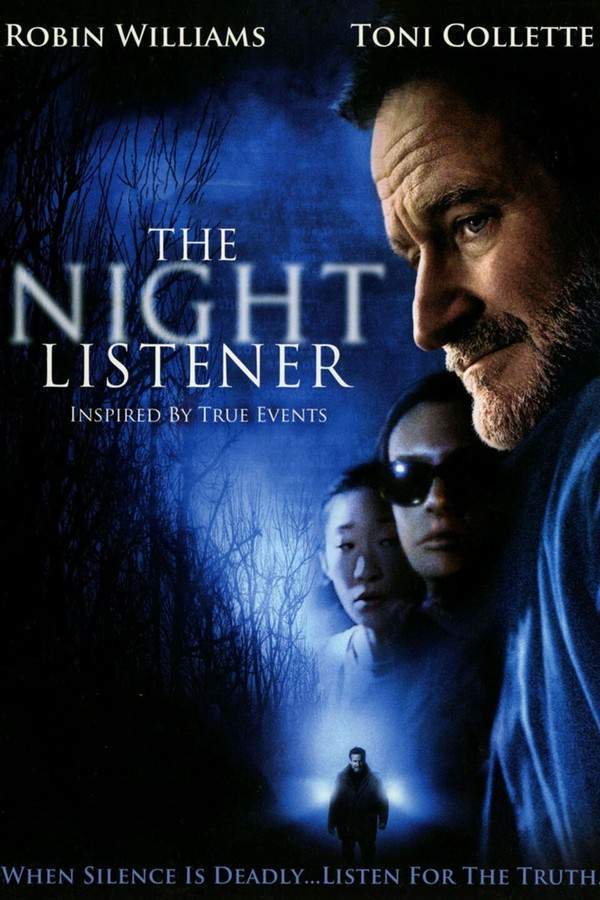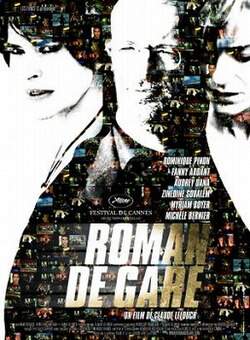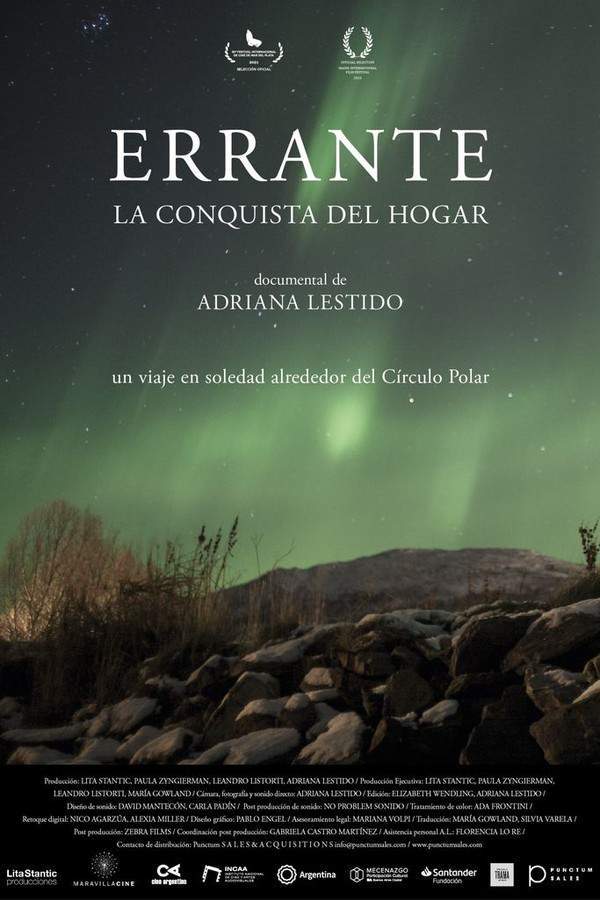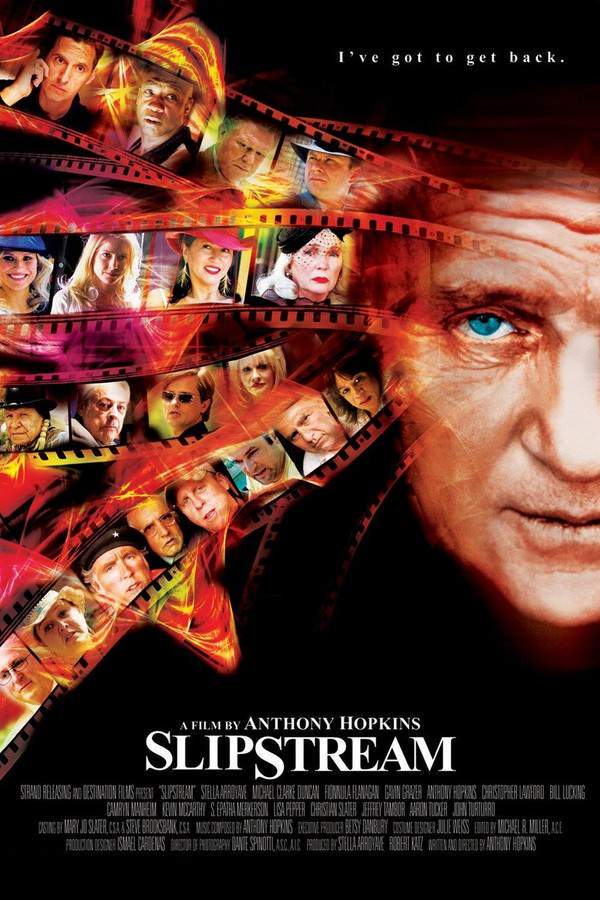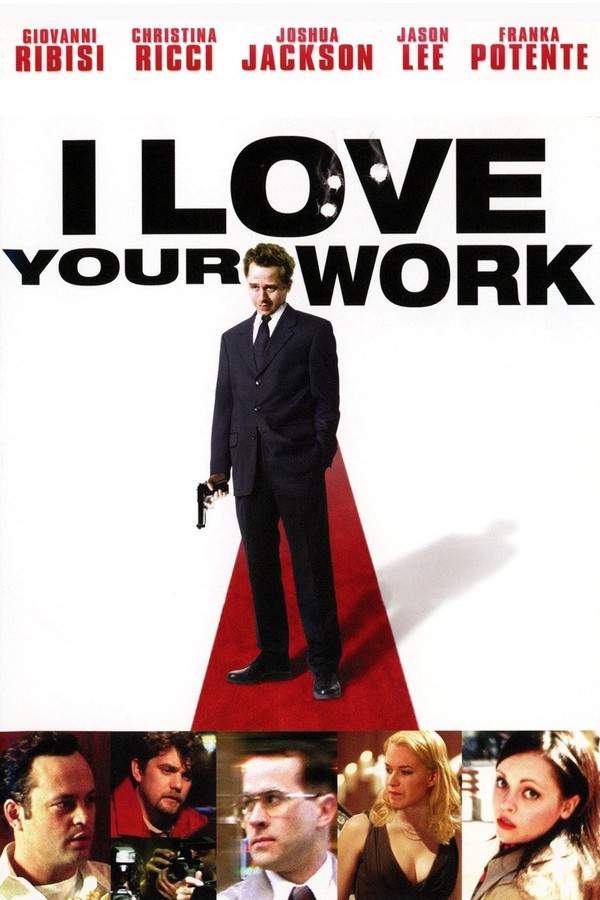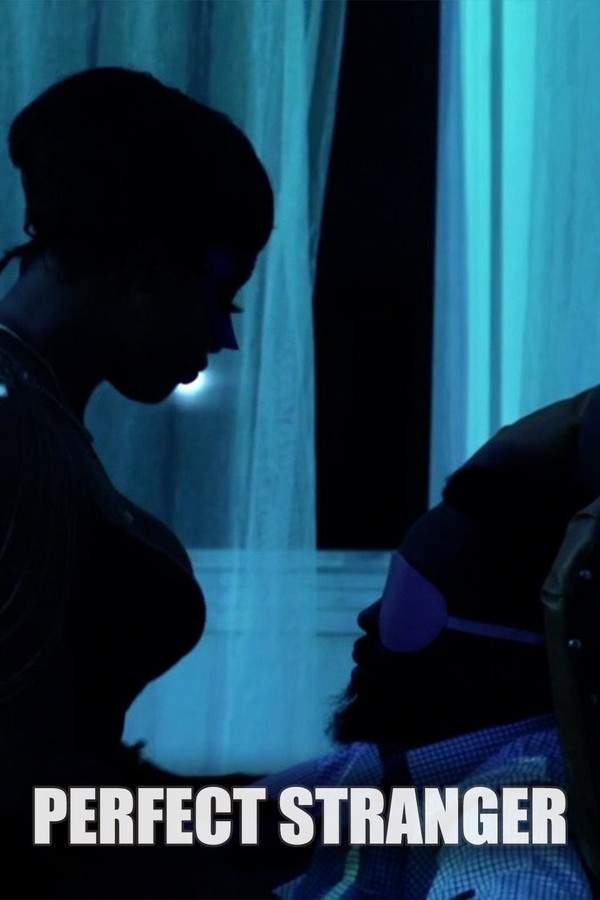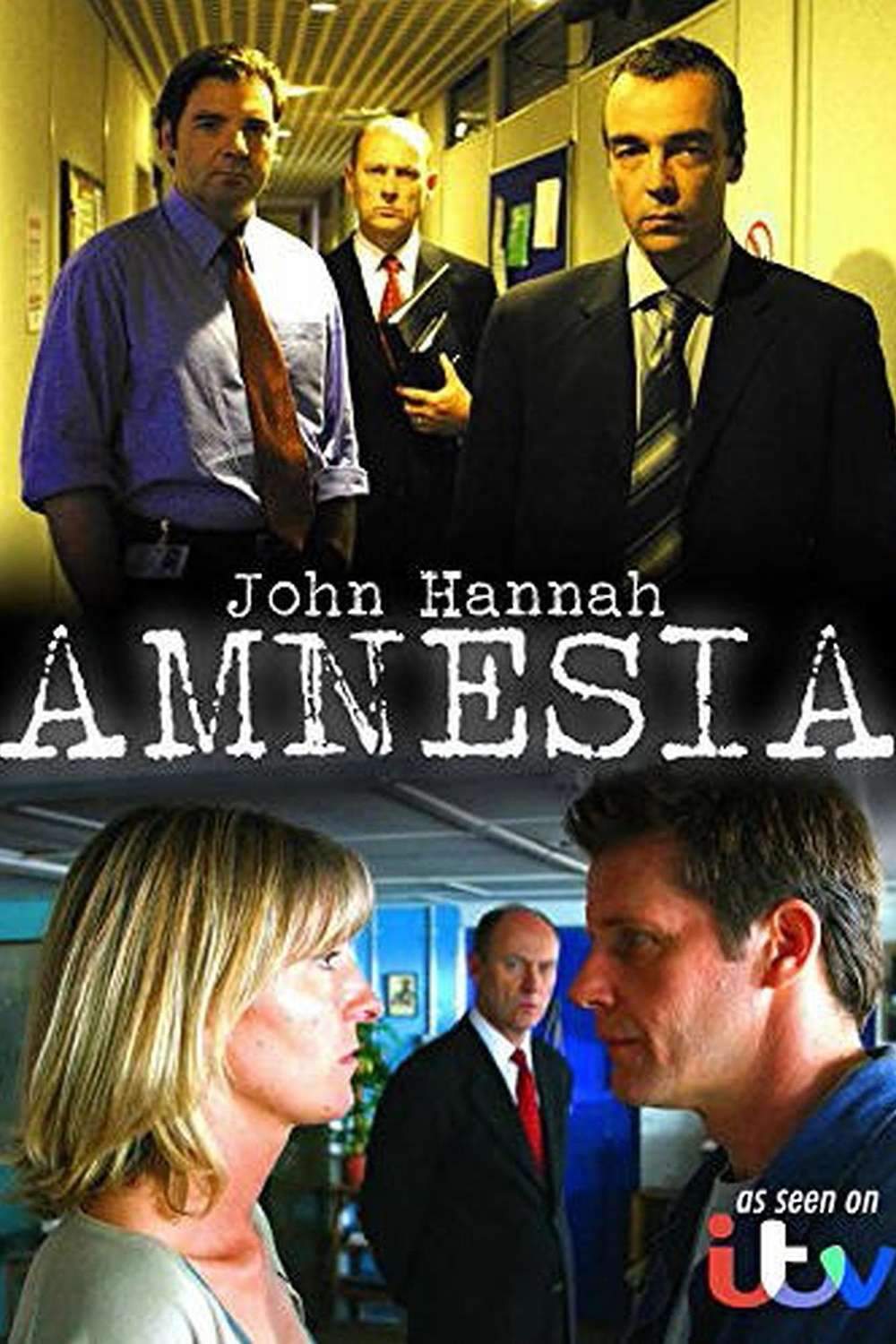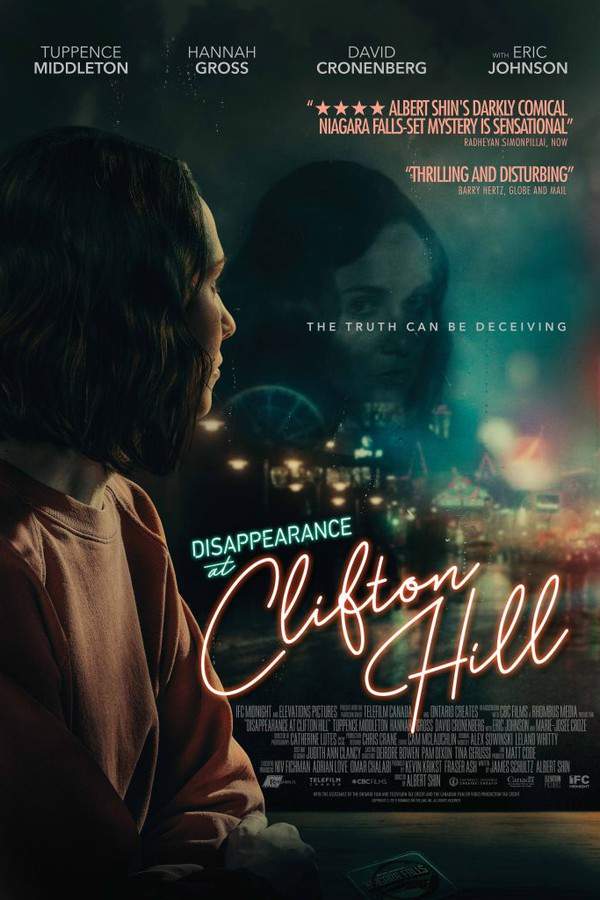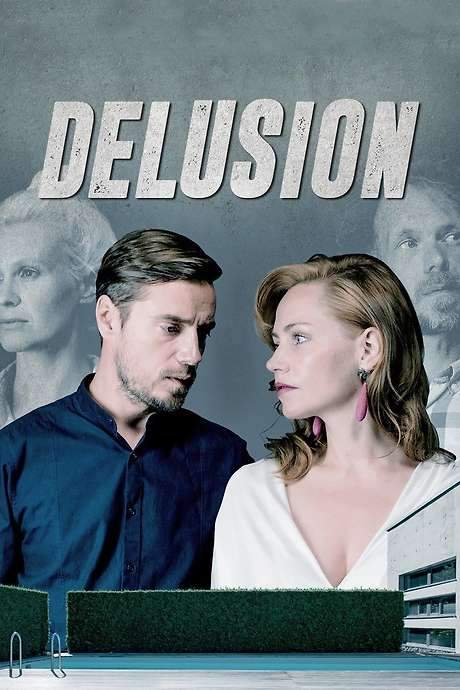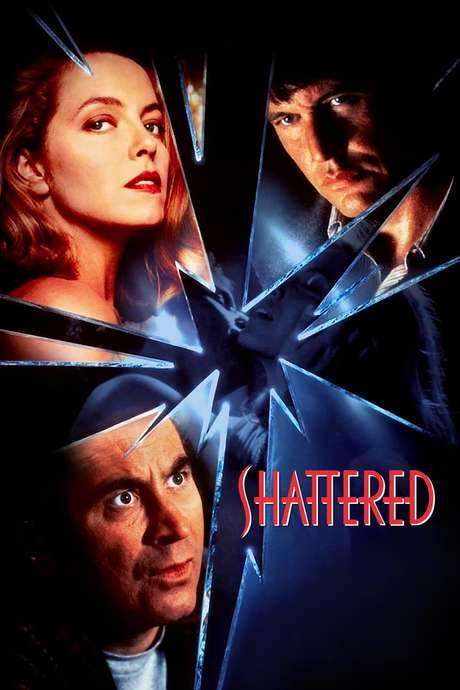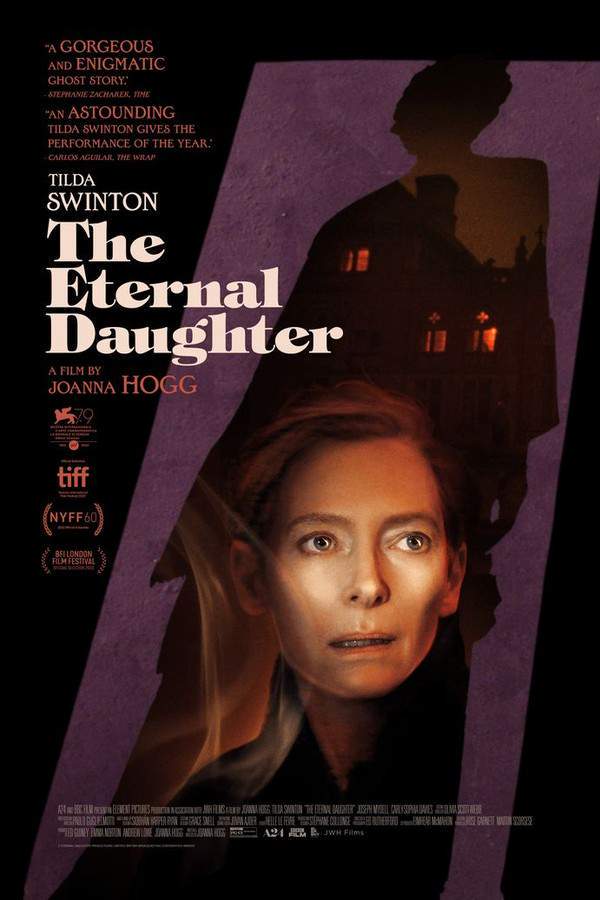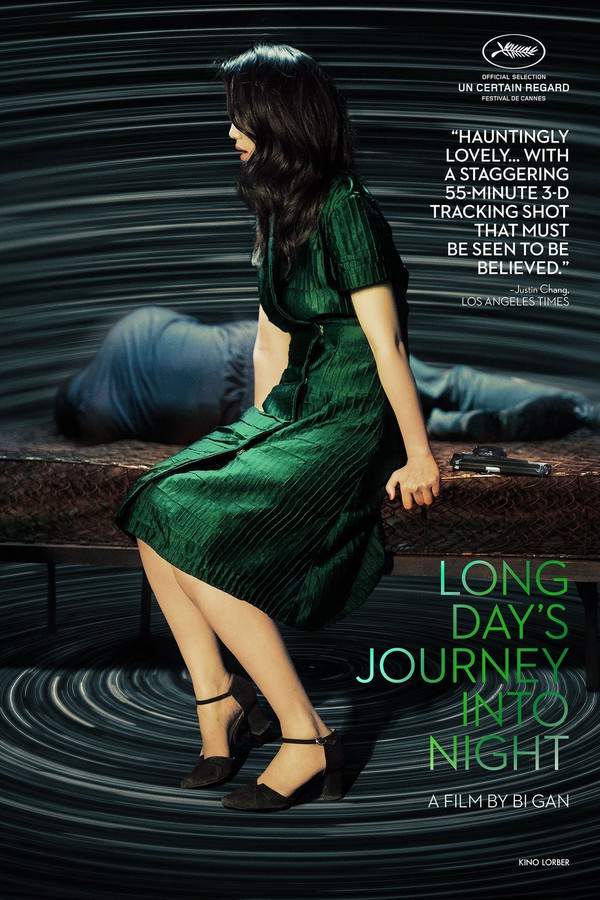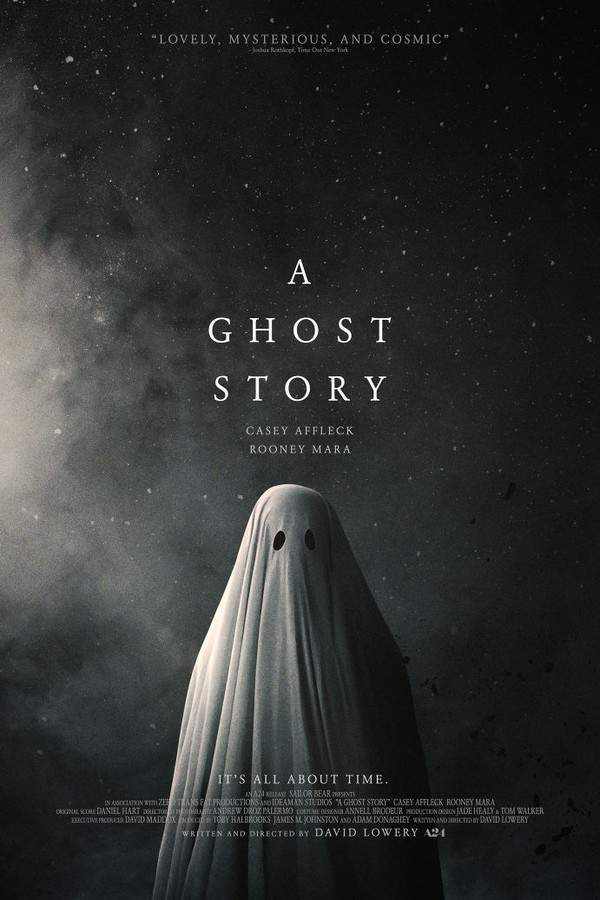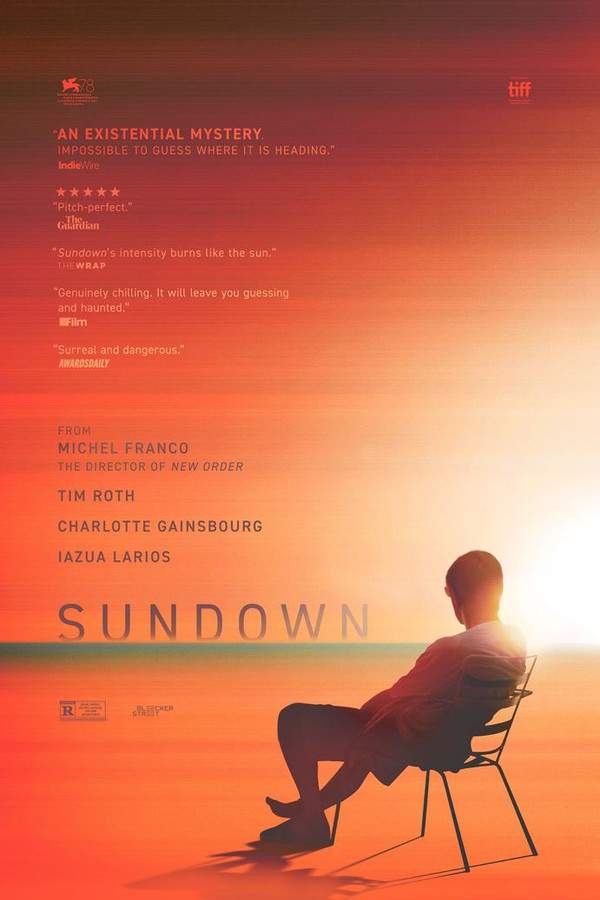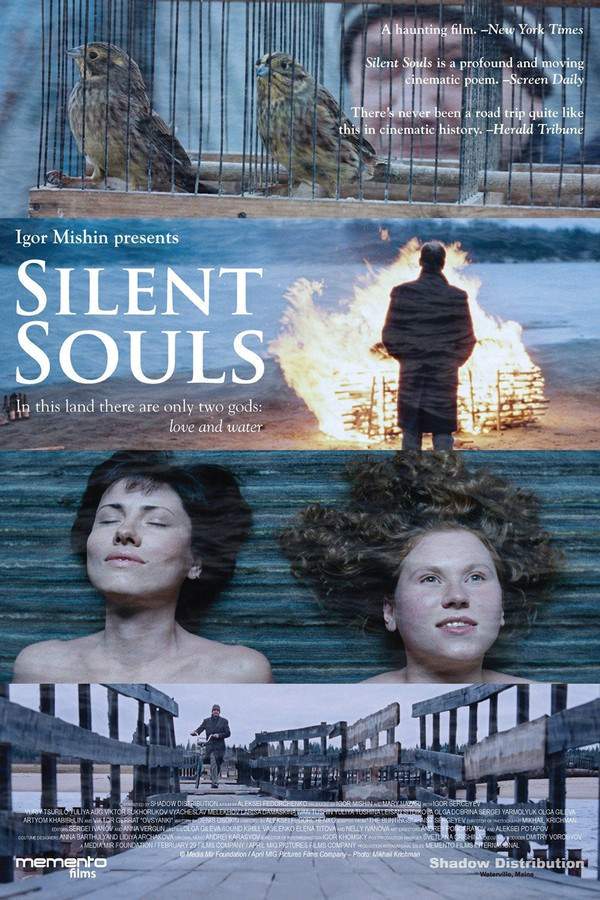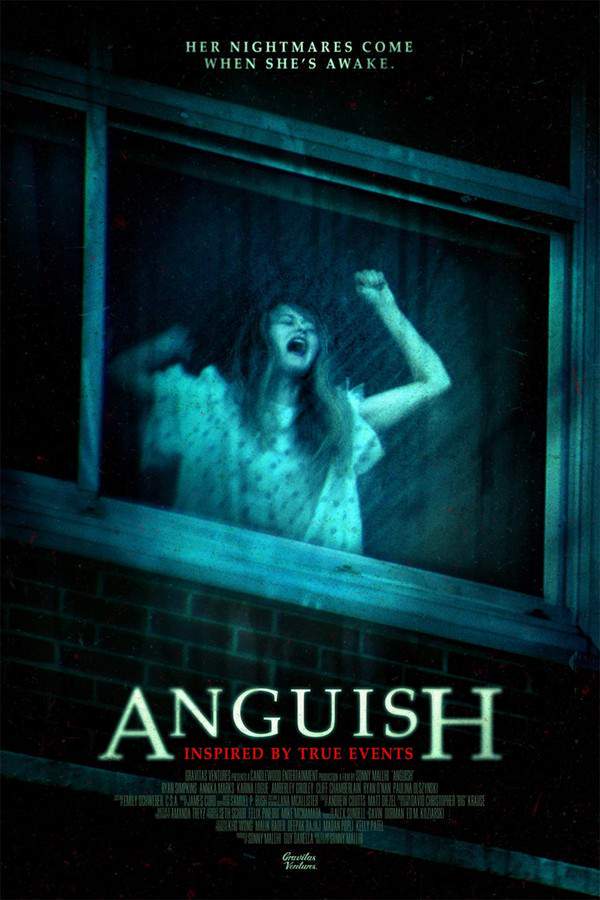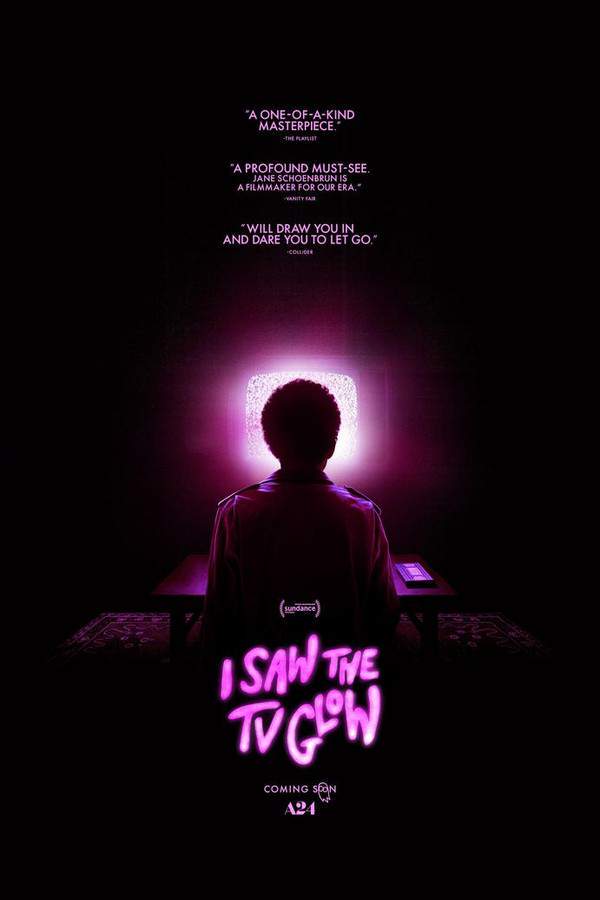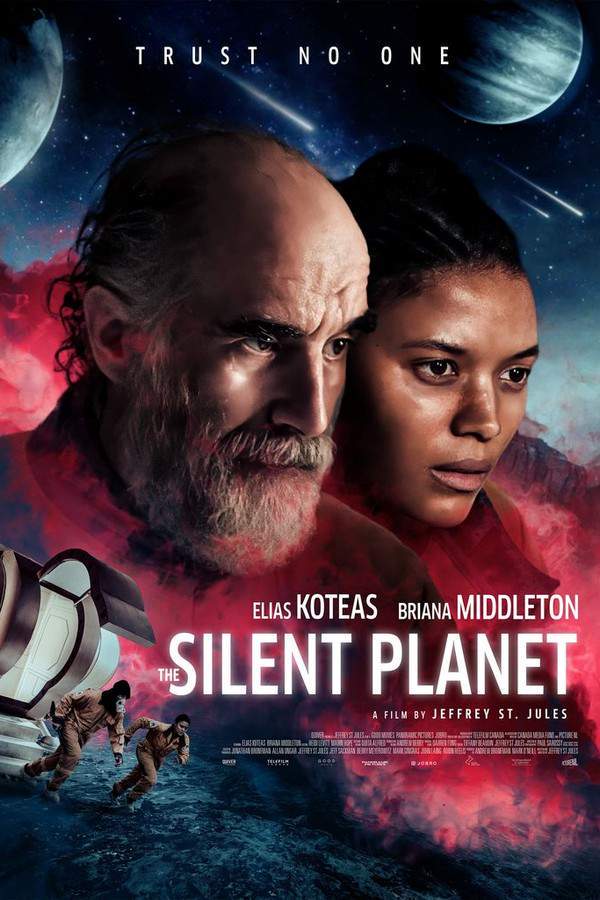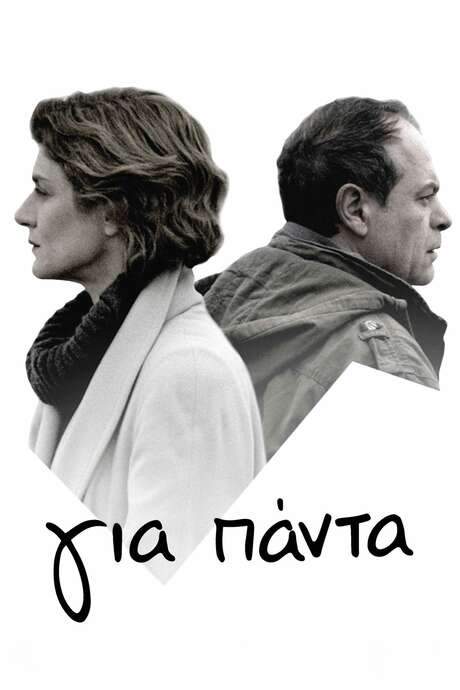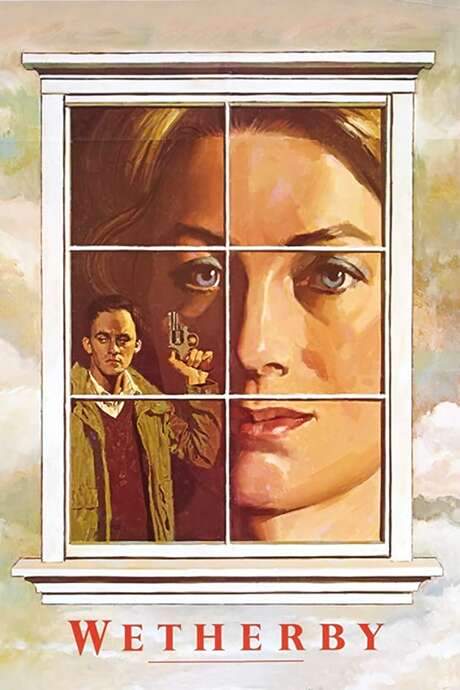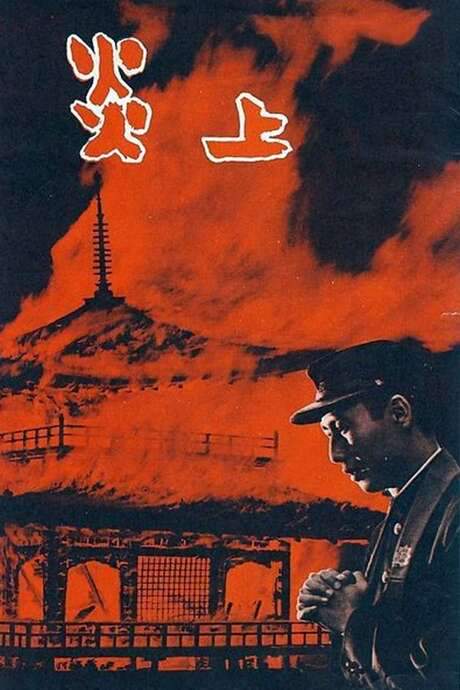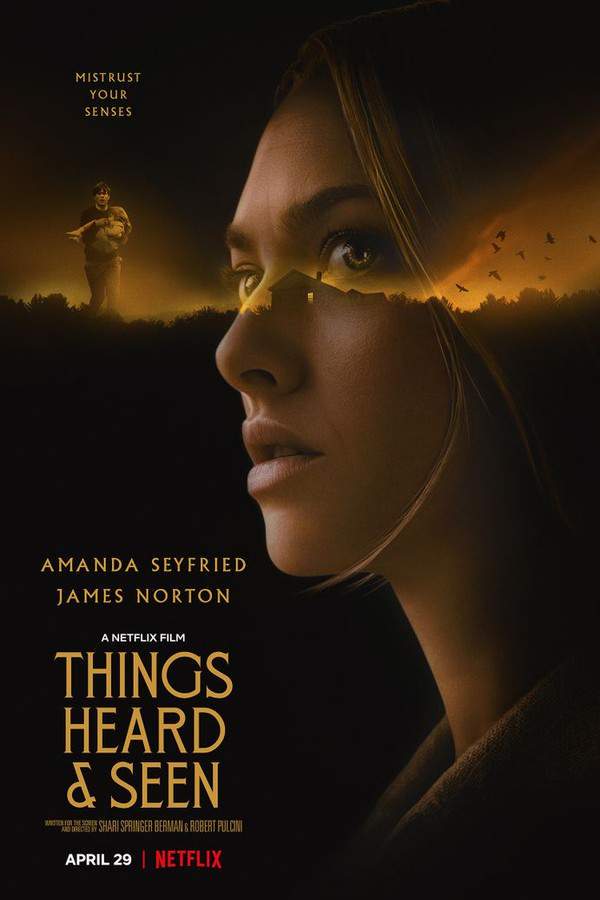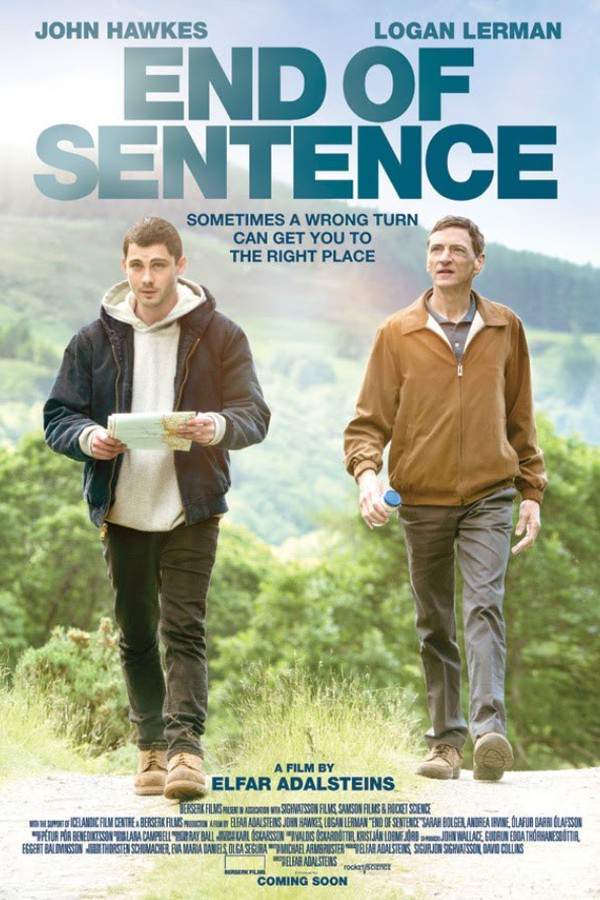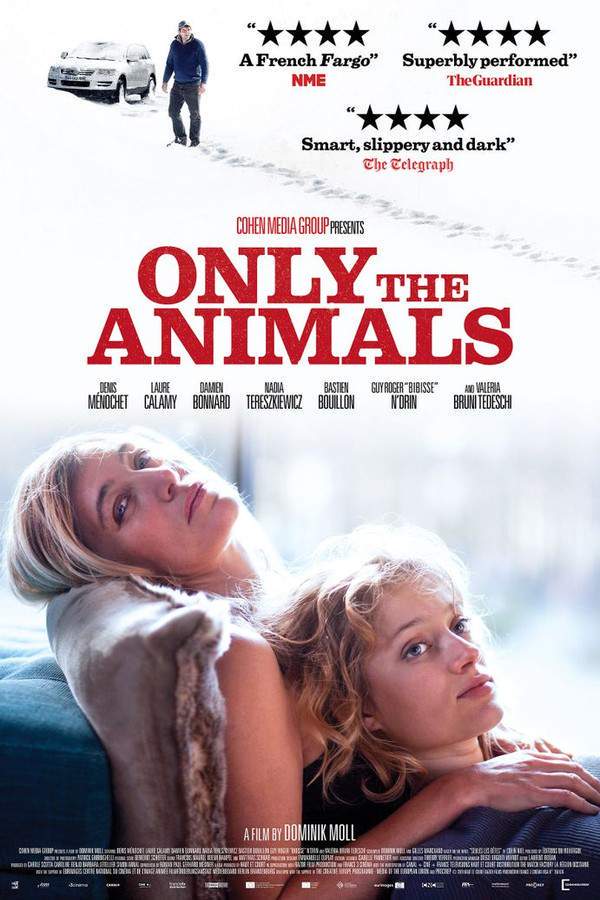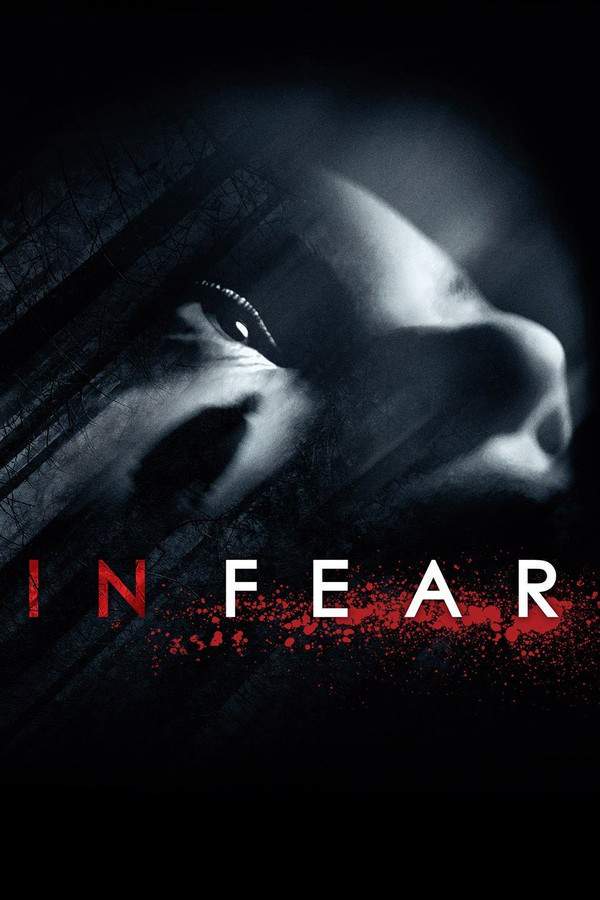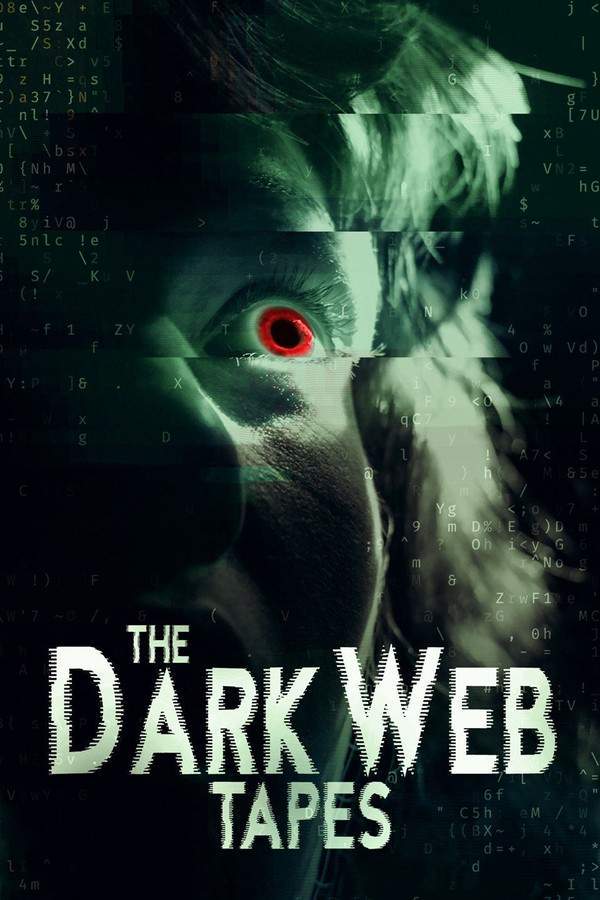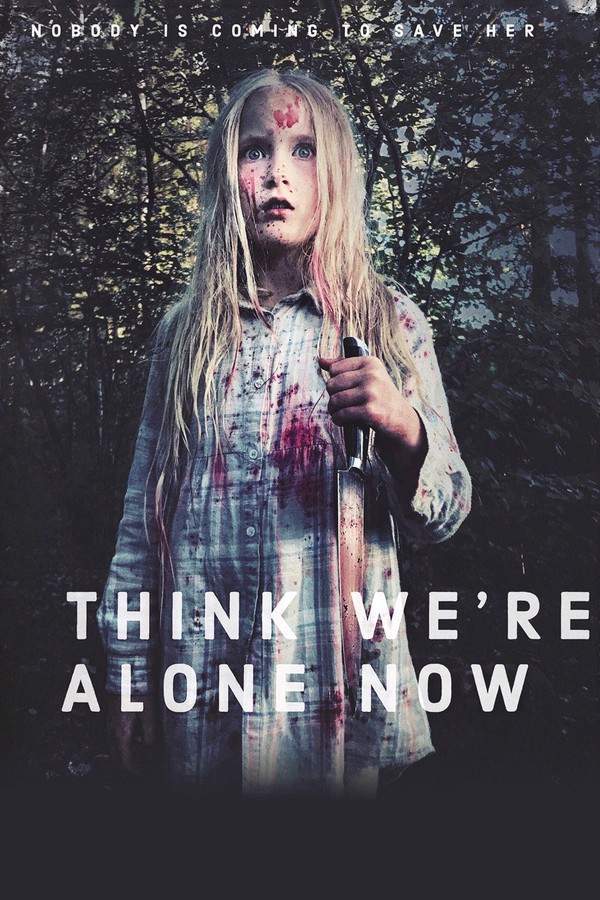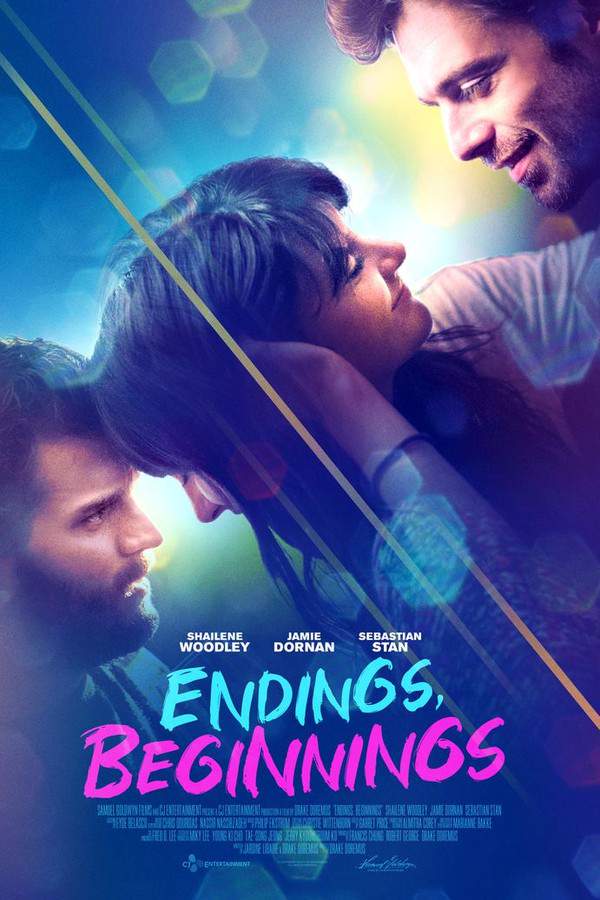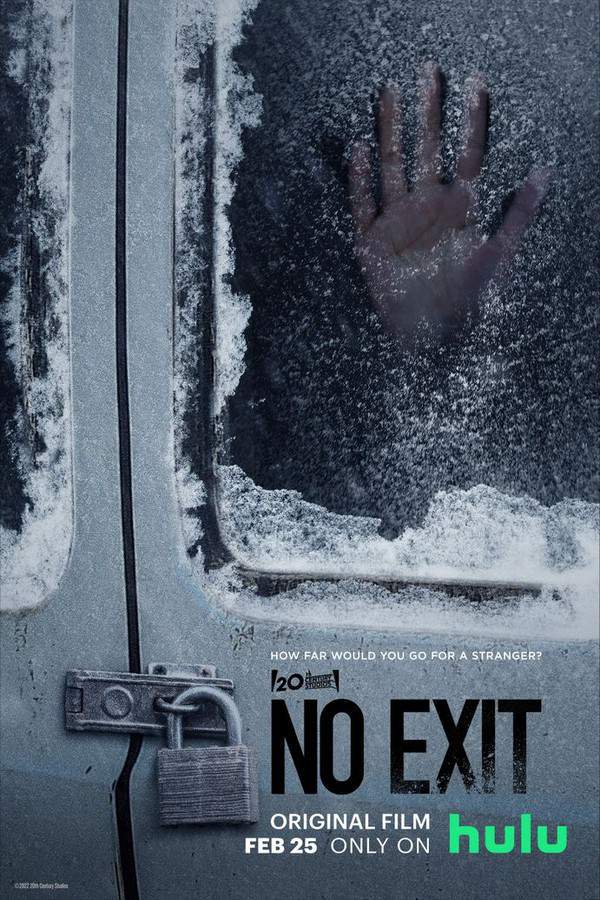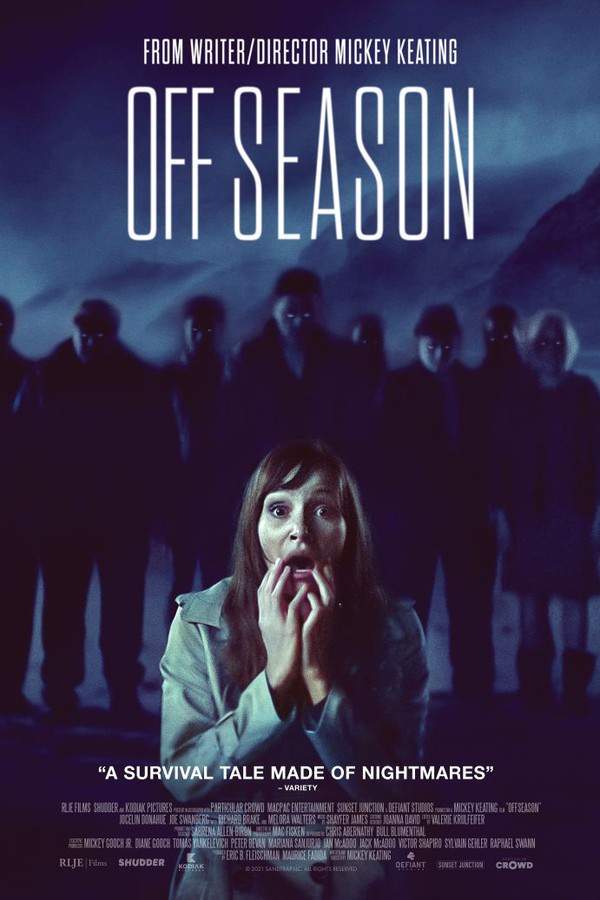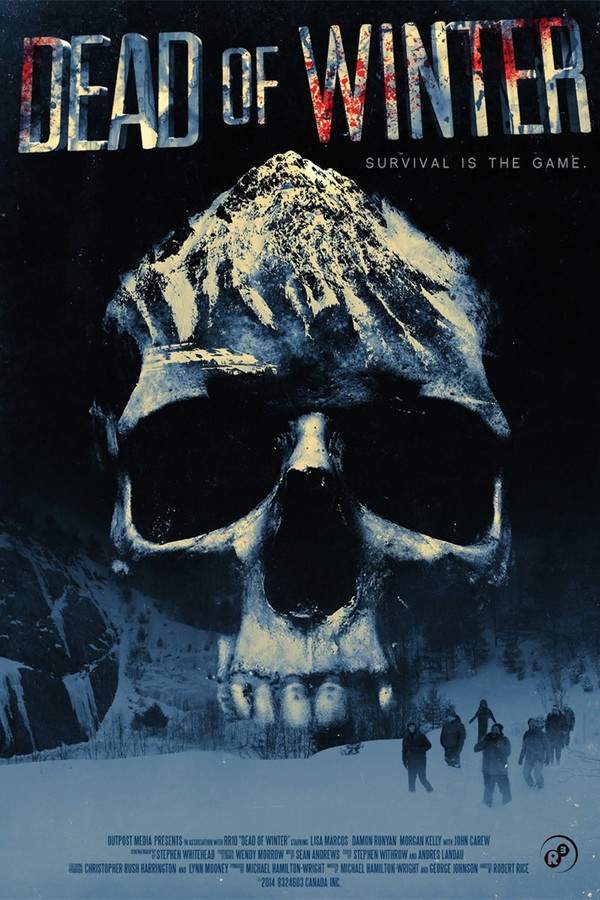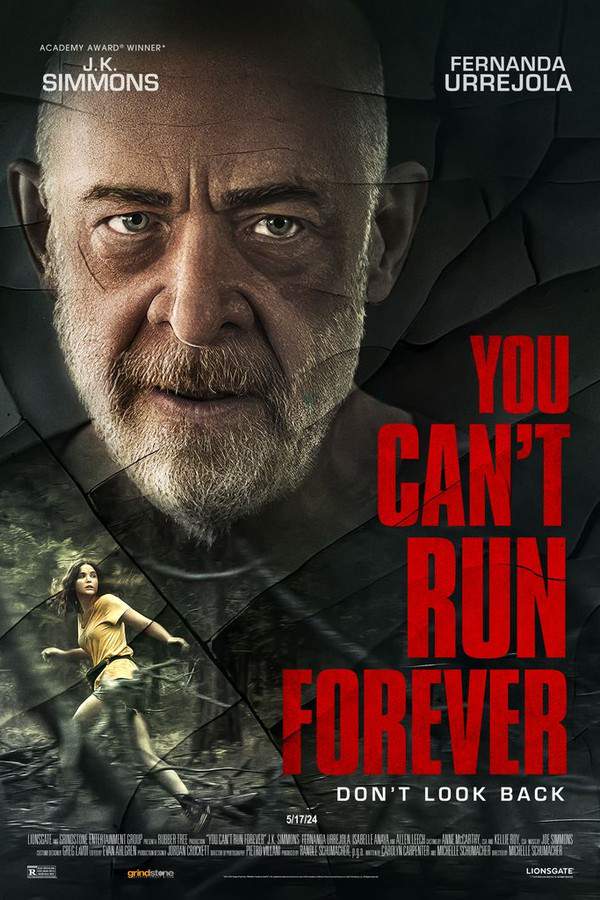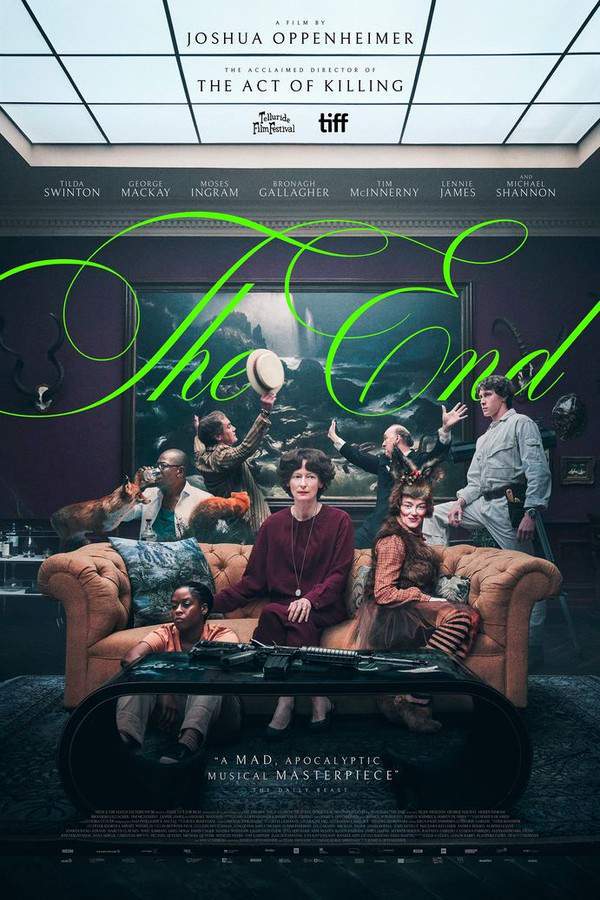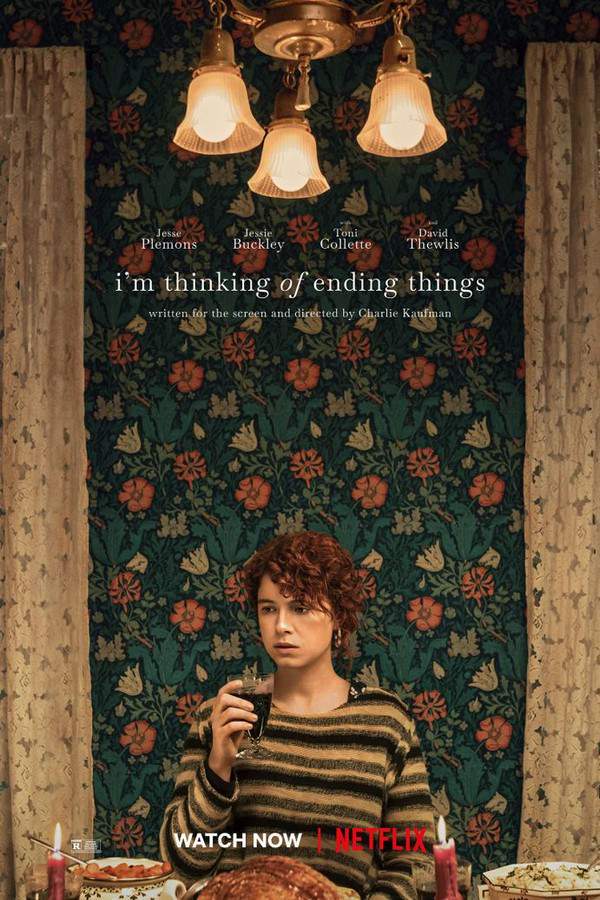
i'm thinking of ending things
A young woman accompanies her boyfriend on a trip to his parents' remote farm as their relationship faces doubts. During a severe snowstorm, unsettling events and fragmented memories surface, blurring the lines of their connection and leading her to question the reality of their relationship and Jake's history. She must confront the unsettling truth about their bond and the secrets hidden within the isolated farmhouse.
Warning: spoilers below!
Haven’t seen i'm thinking of ending things yet? This summary contains major spoilers. Bookmark the page, watch the movie, and come back for the full breakdown. If you're ready, scroll on and relive the story!
i'm thinking of ending things (2020) – Full Plot Summary & Ending Explained
Read the complete plot breakdown of i'm thinking of ending things (2020), including all key story events, major twists, and the ending explained in detail. Discover what really happened—and what it all means.
The film begins with an inner monologue from a young woman, who expresses her anxious thoughts about contemplating ending her relationship. Though she cannot pinpoint how long she has been feeling this way, she acknowledges that her month-long relationship with Jake feels significantly extended.
Set in the depths of winter, Jake is taking her on a road trip to introduce her to his parents in a rural area. As she waits on the street corner for his arrival, she becomes increasingly regretful for agreeing to this trip without breaking things off first. Throughout the car ride, the young woman occasionally drifts into her thoughts, ignoring Jake’s attempts at small talk. They pass a demolition site featuring a swing set, prompting her to remark on the strangeness of this juxtaposition.
As their journey continues, the snowfall intensifies, while their conversations dive into deeper, philosophical matters. The characters demonstrate an analytical nature and a profound education on various topics. At one point, Jake calls her “Lucy,” although she is referred to by different names throughout the film. When Jake turns on the radio to sing a song from the musical Oklahoma!, she is taken aback to learn of his fondness for musical theatre.
The young woman recites a lengthy poem reflecting on the comfort of home, intertwined with existential dread upon arrival. The themes of loneliness, regret, and the terrifying passage of time resonate deeply with her, eliciting a recognition from Jake, who feels the poem encapsulates his own experiences.
Interspersed throughout the film are glimpses into the life of an elderly janitor, showcasing the same swing set in his backyard. His existence is marked by solitude as he observes students rehearse for a school production of Oklahoma!.
Upon arriving at Jake’s parents’ farmhouse, tensions arise when Jake initially hesitates to enter. Instead, he insists on showing her the stable first, where they discover several deceased sheep. Jake sidesteps questions about their demise, instead recounting an unsettling tale of a pig from his childhood that met a grim fate.
Once inside, they initially find Jake’s parents missing, only to later discover them upstairs getting ready. Jake gives the young woman a tour of the house, where she is reminded of her childhood home. A baby photo on the wall unnervingly resembles her, creating a moment of confusion. When they come across the basement door, covered in scratches and taped shut, Jake warns it is unsafe, implying the markings originate from the family dog.
Dinner time reveals Jake’s parents to be both welcoming and unusual. As the young woman presents her artwork, she notices their inability to engage with it meaningfully. She shares the story of how she and Jake met at trivia night, although her narrative is riddled with inconsistencies. The father interprets everything literally, while the mother mispronounces words and laughs hysterically, rendering her comprehension questionable.
Mid-dinner, the young woman receives an ominous voicemail from someone identified as “Lucy.” The cryptic message underscores her growing fear and uncertainty. Despite the unsettling tone of the voicemail, she remains composed and continues the dinner conversation.
As dessert is served, she muses about studying Gerontology, critiquing societal treatment of the elderly. This conversation is interrupted by Jake’s mother, who is momentarily overtaken by a sound in her ears attributed to tinnitus, wondering aloud if someone is attempting to share universal secrets.
As the evening progresses, odd occurrences escalate—Jake’s parents appear to age and reverse between scenes, and the young woman finds herself in Jake’s childhood bedroom, discovering a journal that contains her own poem.
Amid the bizarre atmosphere, Jake’s father wrongly believes the young woman plans to stay the night. Despite her insistence on returning home, he offers her Jake’s childhood bed and a stained nightgown from his mother. Afterward, the mother sends her to the basement for laundry, where she receives another mysterious call echoing the prior message. She discovers a flooded washing machine full of identical shirts and several paintings signed by Jake that resemble her artwork.
The young woman ultimately persuades Jake to depart, but their return trip is plagued by a worsening blizzard. During the ride, Jake mistakenly calls her “Amy,” further blurring her memory of events at the farmhouse. Their discussion transitions to the film A Woman Under the Influence, where she critiques it extensively, suddenly adopting an air of condescension. Jake, feeling emotionally connected to the film, struggles to articulate his thoughts.
Jake impulsively decides to stop for ice cream at a place called “Tulsey Town.” The young woman recognizes one of the employees but cannot remember her. The employee cryptically suggests that Amy shouldn’t press forward with her journey.
After leaving the ice cream shop, Jake pulls over at his old high school to dispose of the ice cream cups. He disappears inside, leaving the young woman alone for an unsettlingly long duration. When she eventually extracts herself from the vehicle, she inadvertently locks herself out.
Seeking Jake, she encounters the janitor, initially trying to evade him but ultimately engaging in conversation. She reveals that nothing significant occurred between her and Jake on trivia night and admits she cannot visualize Jake’s face.
Reuniting, the couple crosses paths with two dancers who mimic their movements, launching a surreal, dreamlike ballet sequence. This performance culminates in a dance fight, leading to Jake’s demise at the hands of the janitor.
Concluding his shift, the janitor hesitates in his truck, broken by the burden of his thoughts. Hallucinating characters from a Tulsey Town commercial, he follows an animated pig reminiscent of one from Jake’s earlier story.
In the high school auditorium, an aged version of Jake delivers a Nobel Prize acceptance speech discussing his metaphysical journey, while Lucy/Amy observes from the audience, along with others who appear much older. His speech culminates in singing “Lonely Room” from Oklahoma!, a poignant reflection of isolation and empowerment.
The film’s denouement reveals a quiet school parking lot blanketed in snow the following morning. As the storm subsides, a faint sound of an engine starting resonates, possibly indicating that Jake has reconsidered his stance on ending things.
Last Updated: November 15, 2024 at 16:51
Ending Explained – What Happens at the End of i'm thinking of ending things?
Still wondering what the ending of i'm thinking of ending things (2020) really means? Here’s a spoiler-heavy breakdown of the final scene, major twists, and the deeper themes that shape the film’s conclusion.
The ending of “I’m Thinking of Ending Things” is deliberately ambiguous and open to interpretation, reflecting the film’s themes of memory, identity, and the fluid nature of reality. Throughout the movie, the characters’ identities and the line between dreams and reality blur, creating a surreal experience where it becomes difficult to distinguish what is real. As the story unfolds, it becomes clear that the girl, played by Jessie Buckley, is a reflection of the aging housekeeper or janitor at the school, and her trip to meet her boyfriend’s parents is a symbolic journey into her own subconscious. The snowy landscape and the isolated farm symbolize themes of melancholy, stagnation, and the endless passage of time—elements that Kaufman suggests are subjective and mentally constructed, not objective truths.
In the final moments, it appears that the characters are actually reflections or memories rather than living individuals. The young girl’s memories and experiences seem to be intertwined with the regret, loneliness, and longing of the older man, who is possibly the janitor or housekeeper reflecting on his life and his missed opportunities. The film hints at the idea that time is a construct of the mind, and the characters’ identities are fluid, often shifting without clear boundaries. The dance scene, for example, illustrates how the characters express emotion through movement, emphasizing the film’s exploration of subconscious thoughts and feelings.
Ultimately, the film does not provide a straightforward resolution but rather invites viewers to accept its dreamlike, elliptical nature. It suggests that life, identity, and reality are less fixed than they seem; instead, they are shaped by internal perceptions and memories—an endless, surreal cycle where the boundaries between the past, present, and future dissolve. The ending leaves us with a haunting sense that we are all, in some way, living inside a mental construct, continuously revising our understanding of reality until it becomes indistinguishable from a dream.
Last Updated: June 25, 2025 at 08:58
Explore Movie Threads
Discover curated groups of movies connected by mood, themes, and story style. Browse collections built around emotion, atmosphere, and narrative focus to easily find films that match what you feel like watching right now.
Movies with unreliable narrators like i'm thinking of ending things
Psychological explorations where perception and memory become untrustworthy.This collection features films like i'm thinking of ending things, where the narrative structure is intentionally unstable. If you enjoyed questioning what was real and piecing together the story from fragmented memories and shifting identities, you'll find similar mind-bending and disorienting experiences here.
Narrative Summary
These stories often center on a protagonist whose perception is flawed, due to psychological trauma, mental illness, or surreal circumstances. The plot unfolds not as objective truth, but as a distorted reflection of their inner world, leading the audience to constantly question the validity of events and character motivations.
Why These Movies?
These films are grouped by their use of an unreliable narrative perspective to create psychological tension and thematic depth. They share a common goal of disorienting the viewer and exploring the malleable nature of truth, memory, and self.
Slow burn existential horror movies like i'm thinking of ending things
Stories where quiet tension builds into a profound sense of unease about life itself.For viewers who appreciated the slow-building, melancholic dread in i'm thinking of ending things, this list highlights similar films. These movies use a slow pace and heavy atmosphere to explore deep anxieties about loneliness, memory, and identity, rather than relying on conventional scares.
Narrative Summary
The narrative is often a gradual descent into anxiety, focusing on a character's internal struggle with profound philosophical fears. The conflict is less about external monsters and more about the terrifying nature of consciousness, regret, and oblivion, revealed through long, tense scenes and symbolic imagery.
Why These Movies?
They are united by a specific combination of slow pacing, high emotional weight, and a tone of melancholic dread. The viewing experience is defined by a pervasive sense of unease that builds psychologically, leaving a heavy, contemplative feeling.
Unlock the Full Story of i'm thinking of ending things
Don't stop at just watching — explore i'm thinking of ending things in full detail. From the complete plot summary and scene-by-scene timeline to character breakdowns, thematic analysis, and a deep dive into the ending — every page helps you truly understand what i'm thinking of ending things is all about. Plus, discover what's next after the movie.
i'm thinking of ending things Timeline
Track the full timeline of i'm thinking of ending things with every major event arranged chronologically. Perfect for decoding non-linear storytelling, flashbacks, or parallel narratives with a clear scene-by-scene breakdown.

Characters, Settings & Themes in i'm thinking of ending things
Discover the characters, locations, and core themes that shape i'm thinking of ending things. Get insights into symbolic elements, setting significance, and deeper narrative meaning — ideal for thematic analysis and movie breakdowns.

i'm thinking of ending things Ending Explained
What really happened at the end of i'm thinking of ending things? This detailed ending explained page breaks down final scenes, hidden clues, and alternate interpretations with expert analysis and viewer theories.

i'm thinking of ending things Spoiler-Free Summary
Get a quick, spoiler-free overview of i'm thinking of ending things that covers the main plot points and key details without revealing any major twists or spoilers. Perfect for those who want to know what to expect before diving in.

More About i'm thinking of ending things
Visit What's After the Movie to explore more about i'm thinking of ending things: box office results, cast and crew info, production details, post-credit scenes, and external links — all in one place for movie fans and researchers.

Similar Movies to i'm thinking of ending things
Discover movies like i'm thinking of ending things that share similar genres, themes, and storytelling elements. Whether you’re drawn to the atmosphere, character arcs, or plot structure, these curated recommendations will help you explore more films you’ll love.
Explore More About Movie i'm thinking of ending things
i'm thinking of ending things (2020) Scene-by-Scene Movie Timeline
i'm thinking of ending things (2020) Movie Characters, Themes & Settings
i'm thinking of ending things (2020) Ending Explained & Theories
i'm thinking of ending things (2020) Spoiler-Free Summary & Key Flow
Movies Like i'm thinking of ending things – Similar Titles You’ll Enjoy
Things Heard & Seen (2021) Movie Recap & Themes
End of Sentence (2020) Spoiler-Packed Plot Recap
Only the Animals (2021) Plot Summary & Ending Explained
In Fear (2014) Complete Plot Breakdown
The Dark (2018) Detailed Story Recap
I Think We're Alone Now (2018) Plot Summary & Ending Explained
Endings, Beginnings (2020) Full Summary & Key Details
No Exit (2022) Detailed Story Recap
Offseason (2022) Story Summary & Characters
Dead of Winter (1987) Ending Explained & Film Insights
You Can't Run Forever (2024) Story Summary & Characters
The End (2024) Movie Recap & Themes
When This All Ends (2021) Movie Recap & Themes
End of the Road (1970) Spoiler-Packed Plot Recap
Hallow Road (2025) Ending Explained & Film Insights

